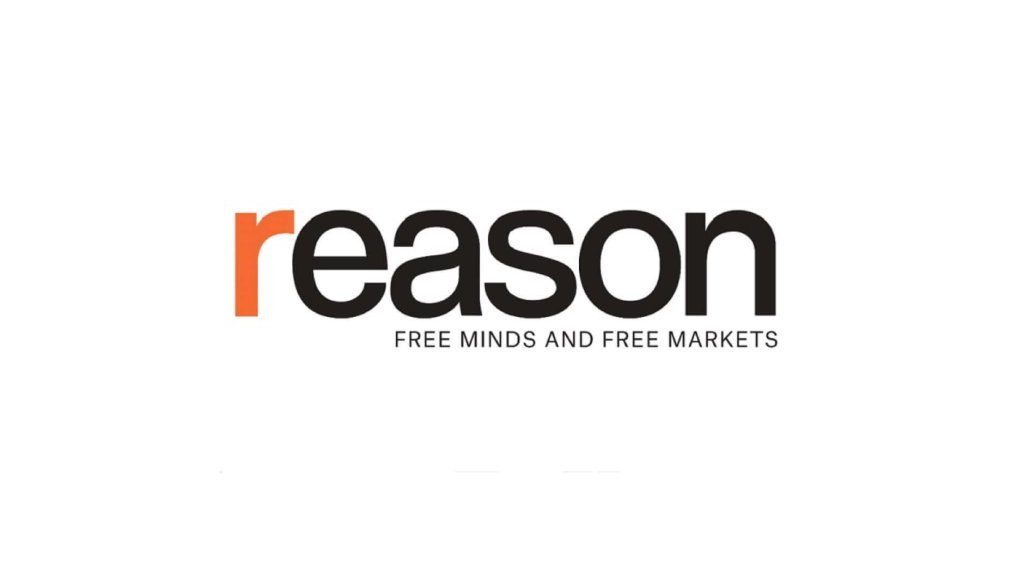How Trump’s Imposition of Massive Tariffs is Repeating the “Ship Money” Abuses of King Charles I
Yesterday, there were massive nationwide “No Kings” protests against Donald Trump and his authoritarian tendencies. Like most political slogans, “No Kings” is an oversimplification. But it is in fact true that Trump is repeating many of the abuses of the British monarchs, which precipitated the English Civil War, and eventually the American Revolution.
The most obvious parallel is his use of detention, deportation, and imprisonment without due process, including targeting many legal immigrants who were never convicted of any crime. Similar practices by the British were among the major grievances that led to the American Revolution. They were also among the abuses of the Stuart monarchs of the 17th century that eventually led the British to curb royal authority.
A less widely recognized parallel between the Stuarts and Trump is that Trump is imitating King Charles in imposing taxes without legislative authorization, and in the process trying to convert an emergency power into a tool that the executive can deploy anytime he wants. As I have explained previously, Trump is trying to use the the International Emergency Economic Powers Act of 1977 (IEEPA) – a relatively narrow delegation of emergency powers – to wage a massive trade war over issues that are in no way an emergency, and impose up to $2.2 trillion in new taxes on Americans. Two federal courts have ruled (including one in a case brought by the Liberty Justice Center and myself) that IEEPA grants no such authority and it would be unconstitutional if it did, though the litigation continues on appeal.
This situation is eerily similar to King Charles I’s abuse imposition of “Ship Money” taxes, which helped precipitate the English Civil War. The Britannica website summarizes the relevant history:
Ship money… [was] a nonparliamentary tax first levied in medieval times by the English crown on coastal cities and counties for naval defense in time of war. It required those being taxed to furnish a certain number of warships or to pay the ships’ equivalent in money. Its revival and its enforcement as a general tax by Charles I aroused widespread opposition and added to the discontent leading to the English Civil Wars.
After bitter constitutional disputes, Charles dismissed Parliament in 1629 and began 11 years of personal rule; during this time, deprived of parliamentary sources of revenue, he was forced to employ ship money as a financial expedient. The first of six annual writs appeared in October 1634 and differed from traditional levies in that it was based on the possibility of war rather than immediate national emergency. The writ of the following year increased the imposition and extended it to inland towns. The issue of a third writ in 1636 made it evident that Charles intended ship money as a permanent and general form of taxation. Each succeeding writ aroused greater popular discontent and opposition, and upon the issue of the third writ John Hampden, a prominent parliamentarian, refused payment.
His case, brought before the Court of Exchequer in 1637, lasted six months. The judges, headed by Sir John Finch (later Baron Finch), decided 7 to 5 in favour of the crown; but the highhanded opinions of Finch prov
Article from Reason.com

The Reason Magazine website is a go-to destination for libertarians seeking cogent analysis, investigative reporting, and thought-provoking commentary. Championing the principles of individual freedom, limited government, and free markets, the site offers a diverse range of articles, videos, and podcasts that challenge conventional wisdom and advocate for libertarian solutions. Whether you’re interested in politics, culture, or technology, Reason provides a unique lens that prioritizes liberty and rational discourse. It’s an essential resource for those who value critical thinking and nuanced debate in the pursuit of a freer society.



